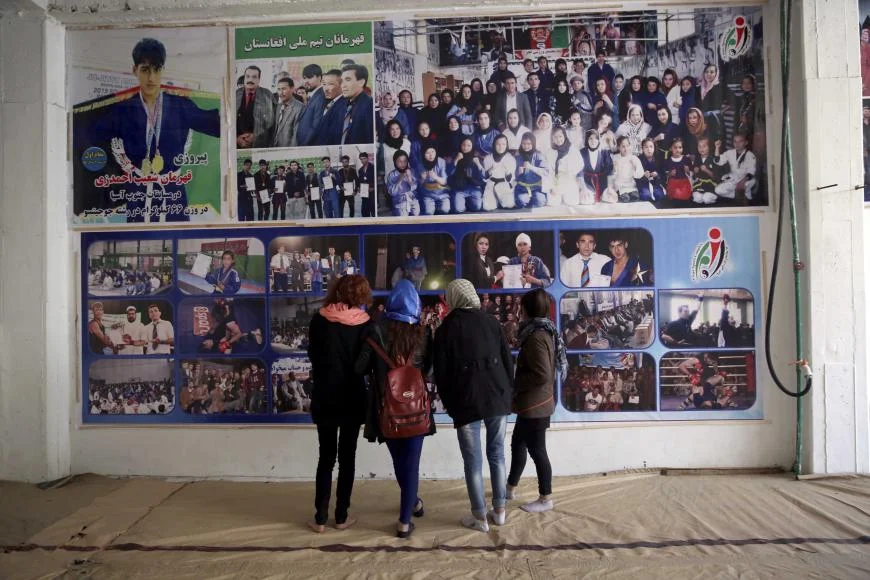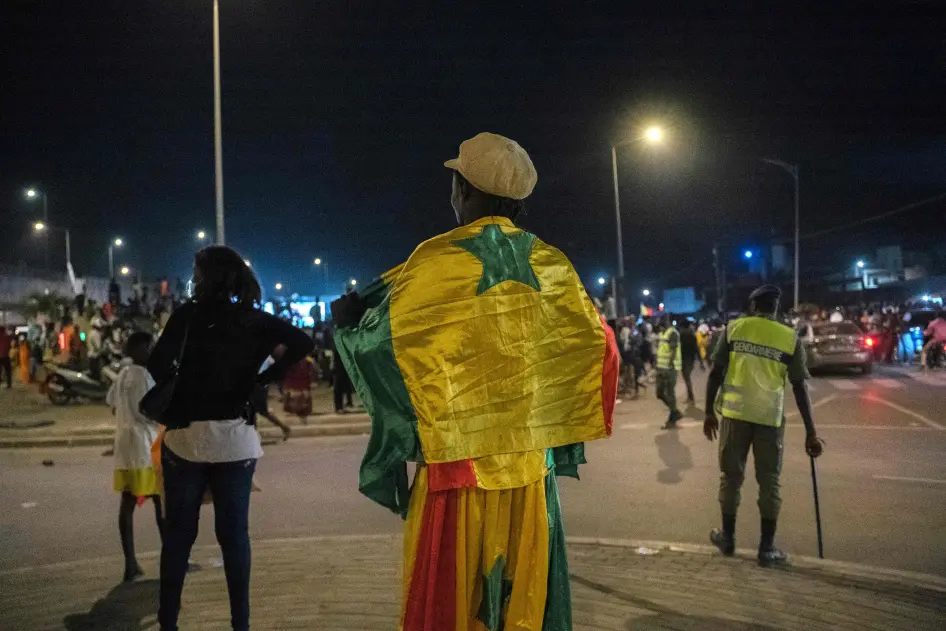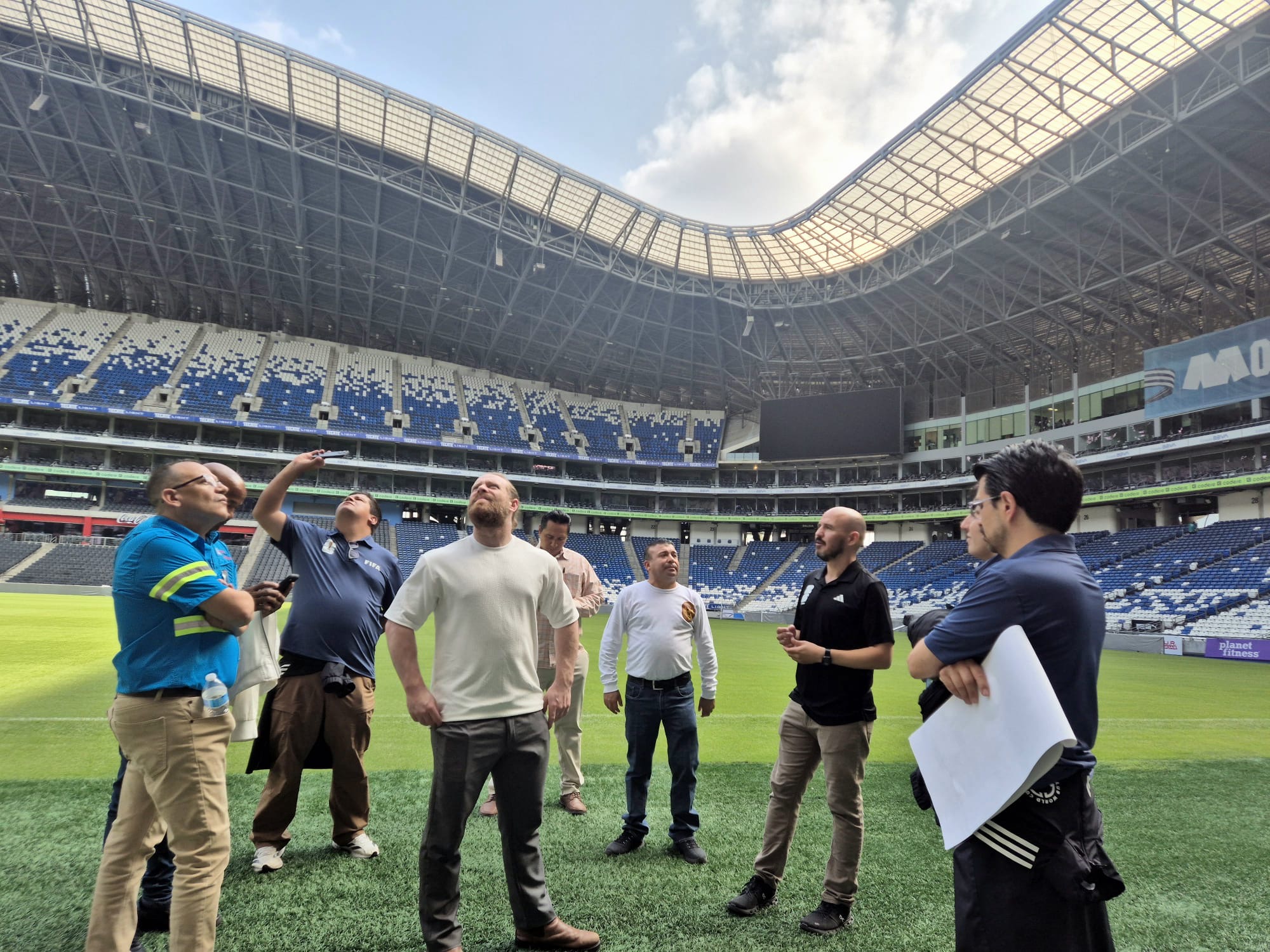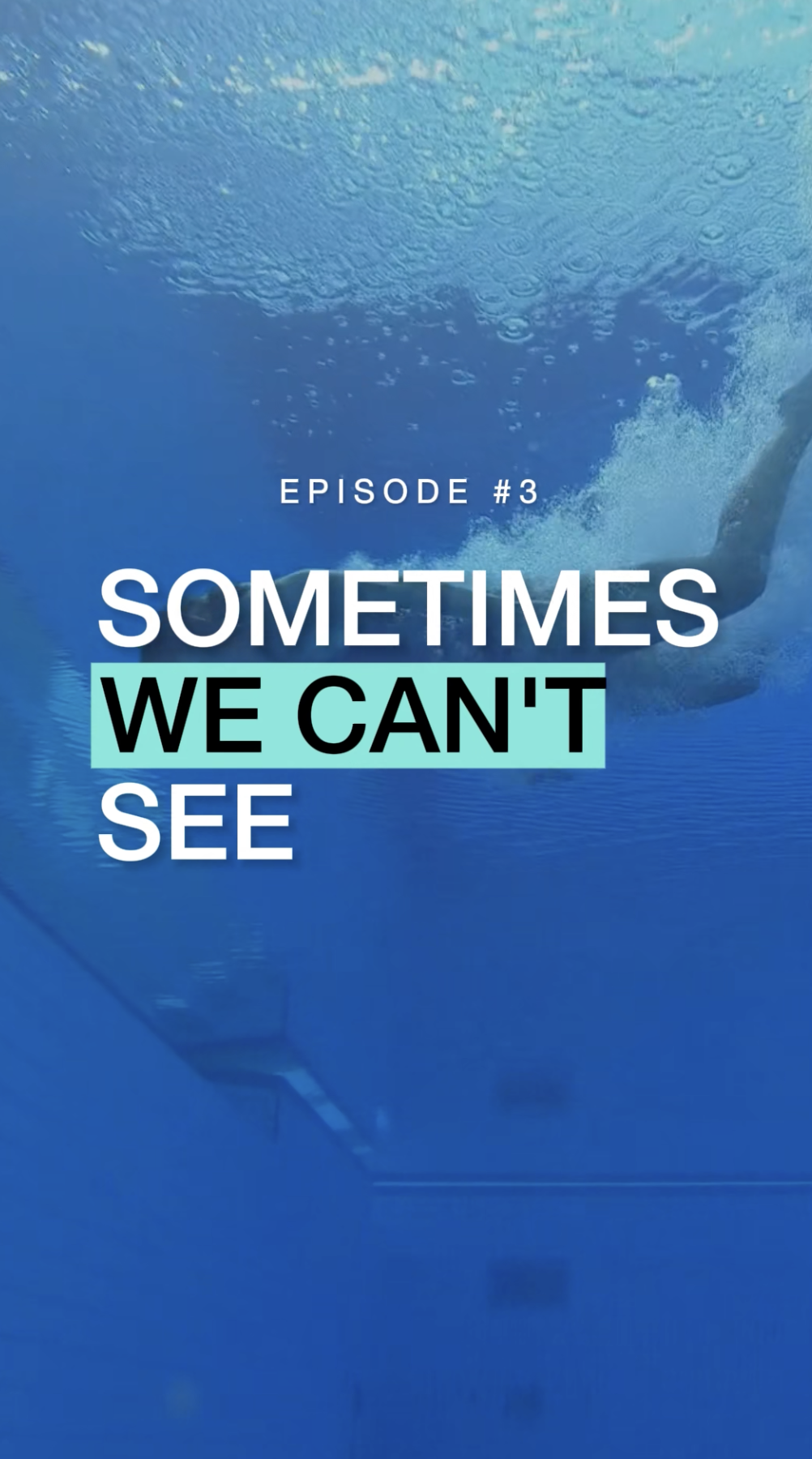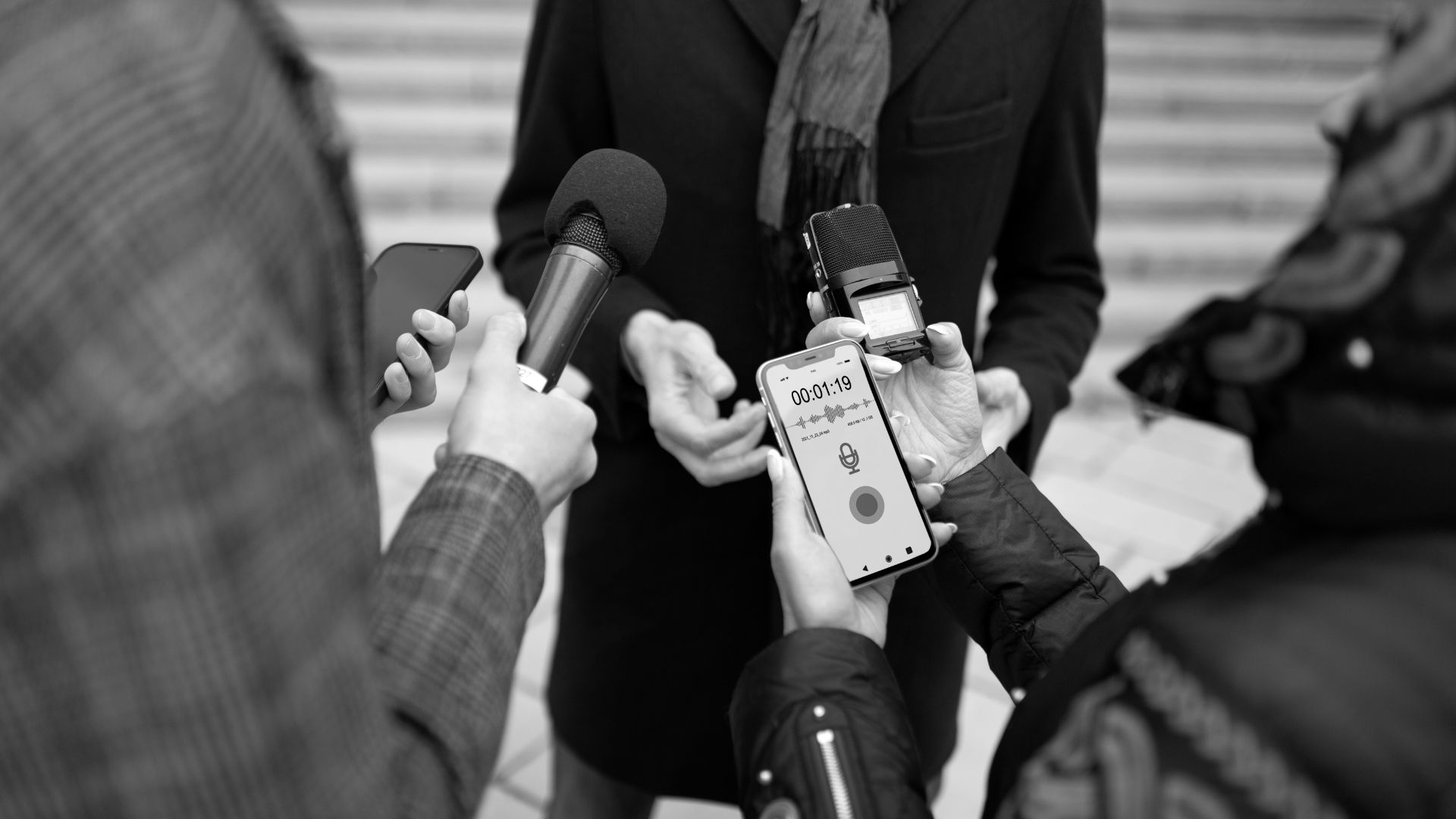Forcing Afghan Women, Girls Out of Sport Violates IOC Charter
(New York) – The International Olympic Committee (IOC) should suspend Taliban-run Afghanistan from participating in international sport until women and girls can once again play sport in the country, Human Rights Watch said today. The IOC should make this decision at its next executive board meeting, which begins in Lausanne, Switzerland on December 6, 2022.
One of the many restrictions on women and girls imposed by the Taliban after its takeover in August 2021 was to forbid women and girls from playing sports. This is a violation of international human rights law, and also of the Olympic Charter, which mandates non-discrimination in sport. Hundreds of female athletes have chosen to flee the country rather than give up the sports they love, and that are their jobs.
“Since the Taliban takeover of Afghanistan, thousands of women and girls have been denied the right to play sport, and the education opportunities, scholarships, and right to achieve the highest attainable standard of physical and mental health participating in sport brings,” said Minky Worden, director of global initiatives at Human Rights Watch. “The IOC should not take a day longer to remove the Taliban from the Olympic movement, strip their status, and halt the funding the IOC provides.”
In October 1999, the IOC suspended Afghanistan’s national Olympic committee until 2003 on grounds that the Taliban was barring women from competing in sports.
After returning to power in August 2021, Taliban forces closed training centers and threatened athletes with violence, athletes have reported. As a result, some Afghan women and girl athletes went into hiding and sought to destroy evidence of their ties to sport including medals and sport kits. Many athletes remain in Afghanistan, unable to safely train and play their sports.
“Afghan sports federations must permit the equal participation of women in any sport that they desire to train and compete in and the Taliban must remove all arbitrary bans on sports training facilities and competition for women,” Friba Rezayee, Afghanistan’s first female Olympian in judo told Human Rights Watch. “The IOC states a goal of 50-50 gender ratio and equal male to female participation in all sports. Yet the Afghan National Olympic Committee is fully controlled by the Taliban’s government in Kabul and is a government ministry. Therefore the IOC should suspend the Taliban and their male-only athletic federations until women and girls can train and compete again.
“Before the Taliban returned, we had many women’s sports teams including girls’ soccer, volleyball, and martial arts. Our athletes trained hard and dreamed of being champions and role models in their communities. Every female athlete was a human rights defender and a pro-democracy and freedom activist by default,” Rezayee said. “Sports played a vital role in empowering Afghan women and brought visibility to our basic human rights in education, work and life.”
In the 16 months since the Taliban takeover, hundreds of female Afghan athletes have had to flee the country, both because of threats and also because their previous high profiles as national team athletes could make them targets for retribution. Women’s national football, basketball, volleyball, cricket, and cycling teams have faced threats and fled with help, often from private volunteers, and by FIFA in the case of female footballers and basketball players. Human Rights Watch has interviewed athletes from basketball and other sports teams who remain in hiding in Afghanistan or are awaiting evacuation by their sports federations.
Playing sport for women and girls in Afghanistan was always a struggle. Before the Taliban returned to power, Afghan women athletes faced threats from family members and reported sexual assault by sports federation officials, forcing some to flee the country. Human Rights Watch has previously reported on the FIFA lifetime ban on the president of the Afghan Football Federation because of credible allegations of sexual assault against him, and the failure of Afghan authorities to prosecute him. But there was no ban on girls and women playing sports.
Since the Taliban took power, members of the Afghan national football team have sought asylum and continued training in Australia. They are fighting to be recognized as the legitimate national team. Members of Afghanistan’s national women’s basketball team fled the country in October 2021 and have been stuck in Albania awaiting resettlement.
Since the Taliban takeover, the IOC has remained in dialogue with the Taliban sport leadership and has provided funding to the Afghan National Olympic Committee to disperse to up to 2,000 Afghan beneficiaries to carry on their sporting activities. However, there is no evidence the IOC solidarity funding or humanitarian funding has reached athletes, either male or female.
Afghan athletes have called on the authorities not to embezzle the “Olympic solidarity” money received and to disperse it to athletes who need it. The IOC has continued to engage with and support the Taliban, without any adequate response to the deprivation of rights of women and girl athletes, Human Rights Watch said.
The IOC says it has chosen to engage in “quiet diplomacy” with the Taliban on sport in the country, but if the comprehensive rollback of rights for women and girls is any indication, the Taliban’s ban on sport for women is likely to be permanent.
The IOC has committed to nondiscrimination in its Olympic Charter, which outlines the Olympic values and principles that guide IOC work. The Olympic Charter states that the IOC must “encourage and support the promotion of women in sport at all levels and in all structures, with a view to implementing the principle of equality of men and women” (Chapter 1, Rule 2, paragraph 7).
IOC President Thomas Bach’s signature initiative was Olympic Agenda 2020, which has gender equality as a central goal. In September 2022, the IOC further committed to the UN Guiding Principles on Business and Human Rights, as a strategic framework for addressing human rights risks and remediating harm, but there is no indication the IOC has applied its framework to the human rights crisis for women, and women’s sport, in Afghanistan.
In view of the harm to Afghan women and girls by the governing Taliban’s ban on sport, and the threats and violence female athletes face simply to train or compete, the IOC should not continue to support or recognize a national committee that discriminates against half of the population on the basis of gender, Human Rights Watch said.
“The IOC always says ‘athletes are the heart of the Olympic Movement,’ but what about the women and girls of Afghanistan?” Worden said. “They are athletes too, and have not been given meaningful assistance by the Olympic system. They are still waiting for the IOC to stand with them instead of their abusers, the Taliban.”
